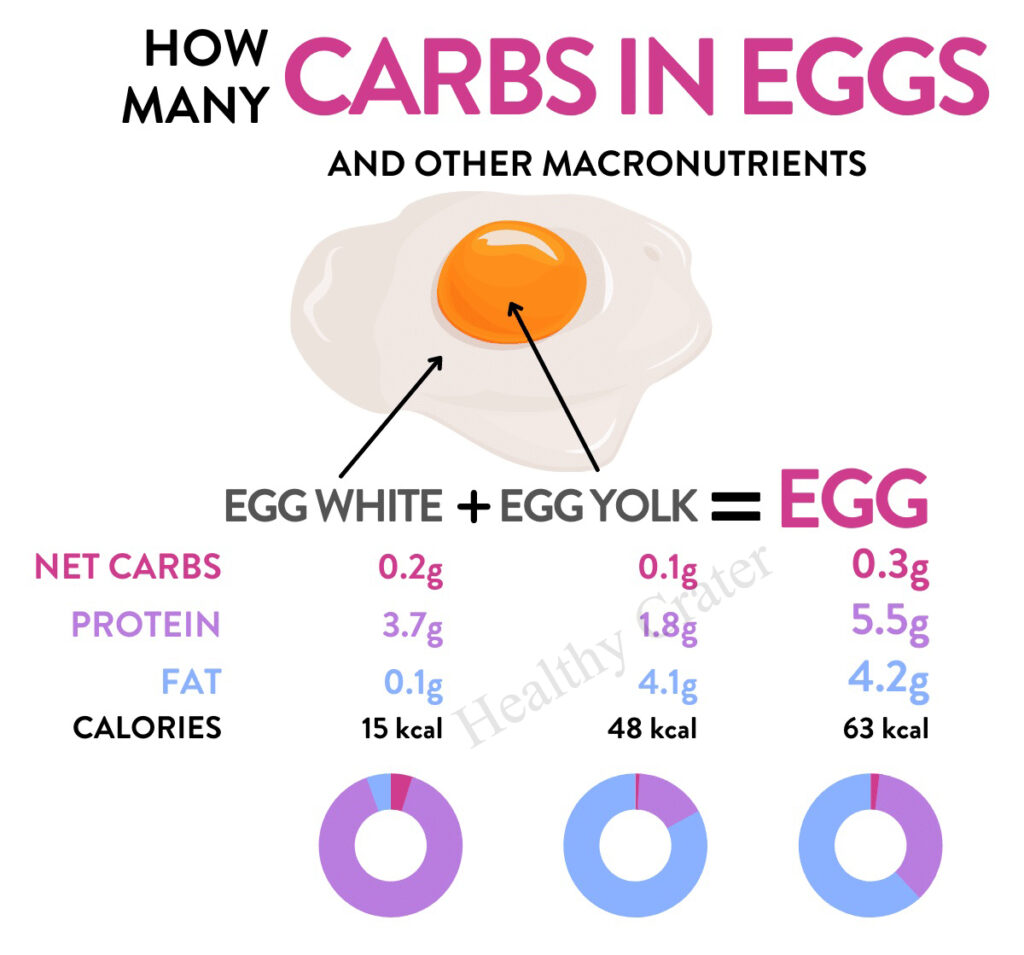Sesame seeds are tiny but mighty seeds that have been cherished for their health benefits and nutritional value for thousands of years. They are rich in essential nutrients and provide numerous health benefits. Let’s explore the nutritional profile and the key health benefits of sesame seeds:
Nutritional Profile of Sesame Seeds
Sesame seeds are packed with nutrients. They are an excellent source of healthy fats, protein, B vitamins, minerals, fiber, and antioxidants. A 1-ounce (28-gram) serving of sesame seeds contains:
- Calories: Around 160
- Protein: 5 grams
- Fat: 14 grams (mainly healthy fats)
- Carbohydrates: 7 grams
- Fiber: 4 grams
- Calcium: 18% of the Daily Value (DV)
- Magnesium: 25% of the DV
- Iron: 15% of the DV
- Zinc: 12% of the DV
- Phosphorus: 25% of the DV
- Vitamin B6: 20% of the DV
Sesame seeds also contain lignans, phytosterols, and vitamin E, which have various health-promoting properties.
Health Benefits of Sesame Seeds
- Rich in Antioxidants: Sesame seeds are a potent source of antioxidants, including sesamin, sesamolin, and vitamin E. These antioxidants help neutralize free radicals, preventing oxidative stress and reducing the risk of chronic diseases such as cancer, heart disease, and premature aging.
- Supports Heart Health: The healthy fats in sesame seeds, particularly polyunsaturated and monounsaturated fats, can help lower LDL (bad) cholesterol levels while maintaining HDL (good) cholesterol levels. This helps reduce the risk of heart disease and stroke. The presence of lignans and phytosterols also contributes to improved heart health by supporting healthy blood pressure levels.
- Strengthens Bones: Sesame seeds are an excellent source of calcium, magnesium, and phosphorus, which are essential for maintaining strong bones. Regular consumption can help prevent bone-related disorders like osteoporosis and support overall bone health.
- Enhances Digestion: Sesame seeds are a good source of dietary fiber, which aids in digestion by promoting regular bowel movements and preventing constipation. Fiber also supports a healthy gut microbiome, which is crucial for overall digestive health.
- Regulates Blood Sugar Levels: The magnesium content in sesame seeds can help regulate blood sugar levels, making them beneficial for individuals with type 2 diabetes. Additionally, the fiber in sesame seeds slows down the absorption of sugar, preventing spikes in blood glucose levels.
- Boosts Immune Function: Sesame seeds are rich in zinc, selenium, and copper, which play a crucial role in supporting the immune system. These minerals help in the production of white blood cells, which fight infections and protect the body from various illnesses.
- Promotes Skin and Hair Health: Sesame seeds contain vitamin E, zinc, and healthy fats that nourish the skin and promote hair growth. They can help prevent signs of aging, such as wrinkles and fine lines, and keep the skin soft and hydrated. The antioxidant properties of sesame oil, derived from sesame seeds, can also protect the skin from UV damage.
- Reduces Inflammation: The presence of sesamin, a natural anti-inflammatory compound, can help reduce inflammation in the body. This is particularly beneficial for people suffering from inflammatory conditions such as arthritis, asthma, and other inflammatory disorders.
- Supports Metabolic Function: The high content of essential minerals like zinc, magnesium, and iron in sesame seeds helps support metabolic functions, such as energy production and enzyme activity. These minerals play a key role in maintaining overall health and preventing metabolic disorders.
- Improves Oral Health: Sesame oil, extracted from sesame seeds, is commonly used in oil pulling, an ancient Ayurvedic practice for maintaining oral health. It can help reduce dental plaque, freshen breath, and improve gum health due to its antibacterial properties.
How to Incorporate Sesame Seeds into Your Diet
- As a Topping: Sprinkle sesame seeds on salads, soups, or yogurt for added crunch and flavor.
- In Cooking: Use sesame seeds in stir-fries, baked goods, or as a crust for fish or chicken.
- Sesame Oil: Use sesame oil for cooking or in dressings for a nutty flavor.
- Tahini: Incorporate tahini, a paste made from sesame seeds, into hummus, dips, and sauces.
Precautions
While sesame seeds offer numerous health benefits, they should be consumed in moderation. Overconsumption can lead to digestive discomfort, and some individuals may have allergies to sesame seeds. It’s also important to consider that sesame seeds are calorie-dense, so portion control is key for those managing weight.
Conclusion
Sesame seeds are a nutritional powerhouse with a range of health benefits, from promoting heart health to enhancing bone strength and supporting metabolic function. Including them in your diet in moderation can provide a natural boost to your overall health and well-being.





